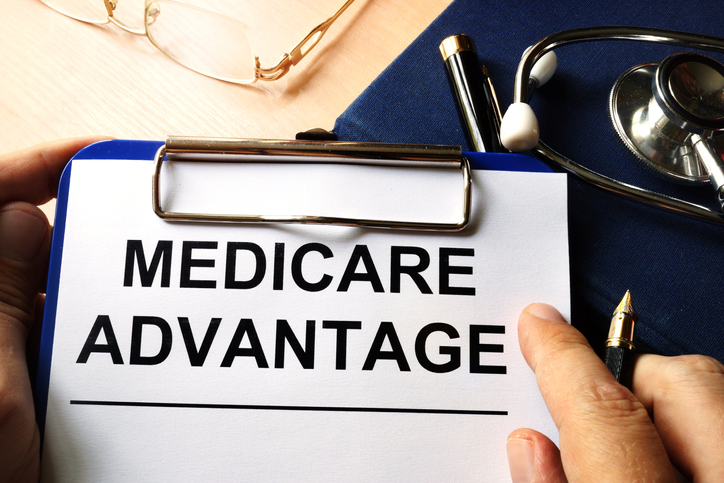
Healthcare costs can be unpredictable and daunting, but with some proactive strategies, you can significantly reduce the risk of facing unexpected medical bills.
Here are ten effective ways to keep your healthcare expenses in check.
1. Understand Your Health Insurance Plan
The first step in avoiding unexpected medical bills is to thoroughly understand your health insurance plan. Familiarize yourself with the terms, including premiums, deductibles, copayments, and out-of-pocket maximums. Knowing what your plan covers and what it doesn’t will help you make informed decisions about your healthcare.
2. Choose In-Network Providers
Whenever possible, opt for in-network healthcare providers. Insurance companies negotiate lower rates with these providers, which means you’ll pay less out of pocket. Always check if a provider is in-network before scheduling an appointment or procedure.
3. Stay Informed About Prescription Costs
Prescription medications can be a significant expense. Always ask your doctor if a generic version of a prescribed medication is available, as generics are typically much cheaper. Additionally, use online tools to compare prices at different pharmacies and consider using mail-order services for long-term prescriptions.
A Case in Point: Bethany Medical Clinic
Bethany Medical Clinic in New York City is an excellent example of a healthcare provider that prioritizes patient education and preventive care. They offer a comprehensive range of services, from primary care to specialized treatments, all with a focus on affordability and transparency. Their commitment to patient well-being includes helping patients navigate insurance coverage and avoid unnecessary costs.
-
Review Your Bills Carefully
Medical billing errors are common. Review every bill you receive to ensure it accurately reflects the services provided. Look out for duplicate charges, incorrect dates, or services you didn’t receive. If you spot an error, contact your healthcare provider or insurance company to resolve it.
5. Take Advantage of Preventive Care
Many insurance plans offer free preventive care services, such as annual physicals, screenings, and vaccinations. Utilizing these services can help detect health issues early, preventing more costly treatments down the line. Bethany Medical Clinic, for example, provides a range of preventive care services designed to keep patients healthy and catch potential problems early.
6. Negotiate Medical Bills
If you receive a bill that’s higher than expected, don’t hesitate to negotiate. Contact the billing department to discuss payment options or request a discount. Many healthcare providers are willing to work with patients to make payments more manageable.
7. Utilize Health Savings Accounts (HSAs) and Flexible Spending Accounts (FSAs)
HSAs and FSAs allow you to set aside pre-tax dollars for medical expenses. These accounts can be used to pay for a wide range of healthcare costs, including deductibles, copayments, and prescriptions. Utilizing these accounts can help you save money and prepare for unexpected expenses.
8. Get a Second Opinion
For non-emergency procedures or diagnoses, consider getting a second opinion. Another healthcare provider might offer a different treatment plan or confirm the necessity of a procedure, potentially saving you from unnecessary expenses.
9. Understand Emergency Care Options
Emergency room visits can be costly. Whenever possible, consider alternative care options such as urgent care centers or telemedicine services for non-life-threatening conditions. These options are often less expensive and can still provide the care you need.
10. Plan for Procedures
If you’re facing a planned medical procedure, take the time to research and compare costs. Different facilities and providers can have vastly different prices for the same procedure. Additionally, check if pre-authorization is required by your insurance to ensure the procedure will be covered.
Conclusion
Avoiding unexpected medical bills requires diligence and proactive management of your healthcare. By understanding your insurance, choosing in-network providers, reviewing bills carefully, and utilizing preventive care, you can significantly reduce the likelihood of surprise expenses.
Additionally, negotiating bills, using HSAs and FSAs, seeking second opinions, understanding emergency care options, planning for procedures, and staying informed about prescription costs are all effective strategies to keep your healthcare costs manageable.
Remember, taking control of your healthcare finances not only saves money but also ensures you receive the best possible care without financial stress.






